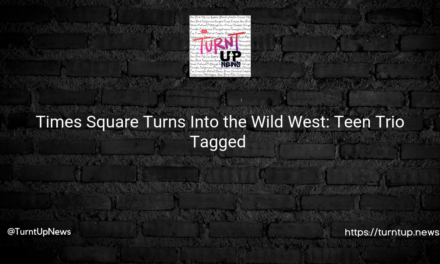💥 Hiroshima Remembers: 75 Years Since the A-Bomb Dropped – But Why Hiroshima? 🇯🇵
TL;DR: Seventy-five years ago, Hiroshima experienced the world’s first atomic bomb attack. The event marks a significant point in history, as Japan surrendered shortly after, ending WWII. But why was Hiroshima specifically targeted? Could there have been an alternative path to peace? We dive into the facts and the lingering questions. 😲🤔
Seventy-five years ago, on August 6, 1945, a date that will forever be etched into our collective memories, Hiroshima faced an unimaginable catastrophe. An atomic bomb dropped by the United States altered the course of history, leading to Japan’s surrender and the end of World War II. But the big question still lingers: Why Hiroshima? 🎯 Why not somewhere else? Or why at all?
Hiroshima was known as a major Japanese military hub, filled with factories, military bases, and ammunition facilities. Historians argue that the U.S. carefully chose Hiroshima due to its size and landscape, strategically avoiding fire bombing the city beforehand. This decision allowed American officials to accurately assess the impact of the atomic attack. Was it a cruelly calculated choice or merely a matter of military strategy? 🧐
The official U.S. stance asserts that the bombings hastened Japan’s surrender, eliminating the need for a U.S. invasion of Japan. However, some contemporary historians suggest Japan was already teetering on the brink of surrender. So, was it really necessary to drop the bomb? 🤔 Could there have been another way to bring about peace?
In remembrance of that fateful day, the city of Hiroshima has become a symbol of hope and resilience. But it’s impossible to forget the devastation caused by the A-bomb. That lone building, a shell of what once was an exhibition center and government office, stands as a grim reminder of the destruction wrought by nuclear warfare.
Q. Why was Hiroshima chosen as a target?
The question remains hauntingly relevant. Hiroshima’s significant role as a military center likely placed it in the crosshairs. But was the decision more complicated than that? Was the choice more about sending a message rather than military necessity?
A Peek Into History:
Date: Aug. 6, 1945
Event: Atomic bomb dropped on Hiroshima
Impact: An unfathomable column of smoke rising 20,000 feet, a city in ruins, a nation on the brink of surrender.
The atomic bombing of Hiroshima (and Nagasaki three days later) marks a turning point in human history. It showcases the terrifying power of nuclear weapons and the moral dilemmas they continue to pose.
From the ashes of Hiroshima, a global commitment to peace and disarmament emerged, driven by the horrific images and stories of survivors. But the questions linger. The decisions made continue to be debated, analyzed, and questioned.
Could it have been different?
What if Hiroshima hadn’t been chosen? What if the bomb hadn’t been dropped? Would the world be a different place today? Or was this a necessary evil to bring about an end to a global conflict?
A Final Thought:
Hiroshima stands as a testament to the human capacity for both destruction and resilience. But as we reflect on this 75-year anniversary, we must ask ourselves:
What lessons have we truly learned from Hiroshima, and are we ready to face the challenging questions it poses about our humanity, our choices, and the paths we may take in the future? 🌎💔
Disclaimer: This article does not provide recommendations or thoughts of Turnt Up News and is only based on factual reporting from the original news story.





